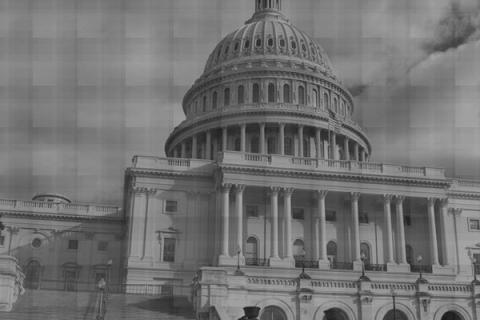The Congressional Budget Office recently said that President Obama's Affordable Health Care Act (aka "Obamacare") cuts the deficit. To those favoring the repeal of the Health Care Act, CBO Director Douglas Elmendorf said in a letter to House Speaker John Boehner, "Repealing the (health care law) will lead to an increase in budget deficits over the coming decade, though a smaller one than previously reported."
Not everyone agrees with this rosy CBO assessment. Charles Blahous is a senior research fellow at the Mercatus Center for George Mason University and public trustee for Medicare and Social Security. He pointed out that "the latest CBO update shows worsened finances for the 2010 health care law, despite the use of assumptions regarding state behavior that make the projections more fiscally optimistic." And while proponents and opponents of the president's health care act debate whether or not it increases the deficit, we are taking our eye off the still growing National Debt.
Neither the Democrats nor Republicans can claim to be deficit hawks, as the National Debt has ballooned under both President Bush and President Obama. CBS News reported that the Debt rose $4.899 trillion during the two terms of the Bush presidency, and as of March 2012 the Debt was up $4.939 trillion since President Obama took office (to $15.566 trillion). Just a few months later and our National Debt is now over 15.9 trillion; that is a cost of over $50,000 per American Citizen and nearly $140,000 per taxpayer.
Of course we will hear partisan politics from both sides of the aisle on this issue. Many Democrats will say the war and Bush tax cuts put President Obama in a terrible spot, while many Republicans will blame the cost of government on the war as well, saying it was justified on the basis of national security. And while it is true that the Debt has gone up more under Obama in 3+ years than Bush in 8 years, both parties have proven that when given majority control of Congress and the presidency, they cannot limit themselves.
Is there any chance that either party is going to start getting serious about addressing the exploding National Debt? Actually there are indications that they might be. H.R. 459, Ron Paul’s bill to audit the Federal Reserve Bank, went to the House floor for a full vote one last time Wednesday and passed in the House 327 to 98. The bill would address the root cause of unsustainable spending by helping the public better understand the workings of the government's lender of last resort.
"I think when people talk about independence and having this privacy of the central bank means they want secrecy, and secrecy is not good," Paul said during Tuesday floor debate on his bill. "We should have privacy for the individual, but we should have openness of government all the time, and we've drifted a long way from that."
What is most significant about this margin is that 89 Democrats voted for Dr. Paul's bill. It won't go any further, though, as the Senate is sure to defeat it or table the bill. Some will say because there is an election coming up, those 89 Democrats who voted for the bill were simply hedging their bets. Even if that is true, Dr. Paul's bill showed true bipartisan support for the concept of more open and more limited government.

